|
ABSTRACT:
When learning about the properties of a quantum mechanical system, for instance, the energy levels of its bound states, it is useful to think of the system as closed and isolated from any environment, though we know in any laboratory setting, all systems eventually will interact with an environment. However, we can often engineer such interactions to be weak, short-ranged, and controllable, so that the isolated approximation is a good one. I will argue that in many physically relevant field theories, the long-time observables or states of the theory can only be defined in the context of a quantum open system, where we take into account the interactions between the system and the environment continually in the evolution of the system. This is because excitations of the field theory will inevitably create their own environment, that is, states we must trace over. Resumming these interactions with the self-created environment is necessary to give a convergent expansion for observables over all of phase-space. |
Colloquium Wednesday, January 22, 2020 3:30 PM Physics Building, Room 204 Note special date. Note special room. Special Colloquium |
To add a speaker, send an email to phys-speakers@Virginia.EDU. Please include the seminar type (e.g. Colloquia), date, name of the speaker, title of talk, and an abstract (if available).
 Physics at Virginia
Physics at Virginia